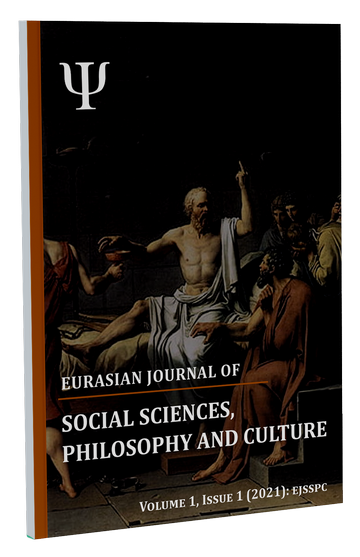EXPRESSIONS OF THE POLITENESS OF COMMITTING AN ACTION IN THE ENGLISH AND KARAKALPAK LANGUAGES
Main Article Content
Аннотация:
This study investigates modality category used as expressions of politeness in English and Karakalpak. Results of the research reflect the semantic and pragmatic perspectives of modal verbs on the theories of modality and politeness. This research examines the relation of modality to politeness via the use of English and Karakalpak committing an action speeches. The analyses of modals as particular politeness strategies revealed that there is a close relation between politeness and modality.
Article Details
Как цитировать:
Библиографические ссылки:
House, J. and Kasper, G. (1981), Politeness Markers in English and German. In F. Coulmas (Ed.), Conversational Routines: Explorations in Standardized Communication Situations and Prepatterned Speech (pp. 21-35). The Hague: Mouton de Gruyter.
Coates, J. (1983), The Semantics of Modal Auxiliaries. London: Croom Helm.
Palmer, F. R. (1986), Mood and Modality. Cambridge: University Press Cambridge.
Simon-Vandenbergen, A. M. and Aijmer, K. (2007), The Semantic Field of Modal Certainty: A corpus-based Study of English Adverbs. Berlin: Mouton de Gruyter.
Dawletov M., Dawenov E., Bekbergenov A., Eshbaev J. Házirgi qaraqalpaq ádebiy tiliniń grammatikasi , Nókis. 1994.
Kamiljanov R.N. Modalnie slova v sovremennom uzbekskom yazike. Tashkent. 1976.
Buranov J.B. Sravnitelnaya tipologiya angliyskogo i tyurskikh yazikov. Moskva. 1983.
https://www.britannica.com/dictionary/eb/qa/modal-verbs-may-might-can-could-and-ought


